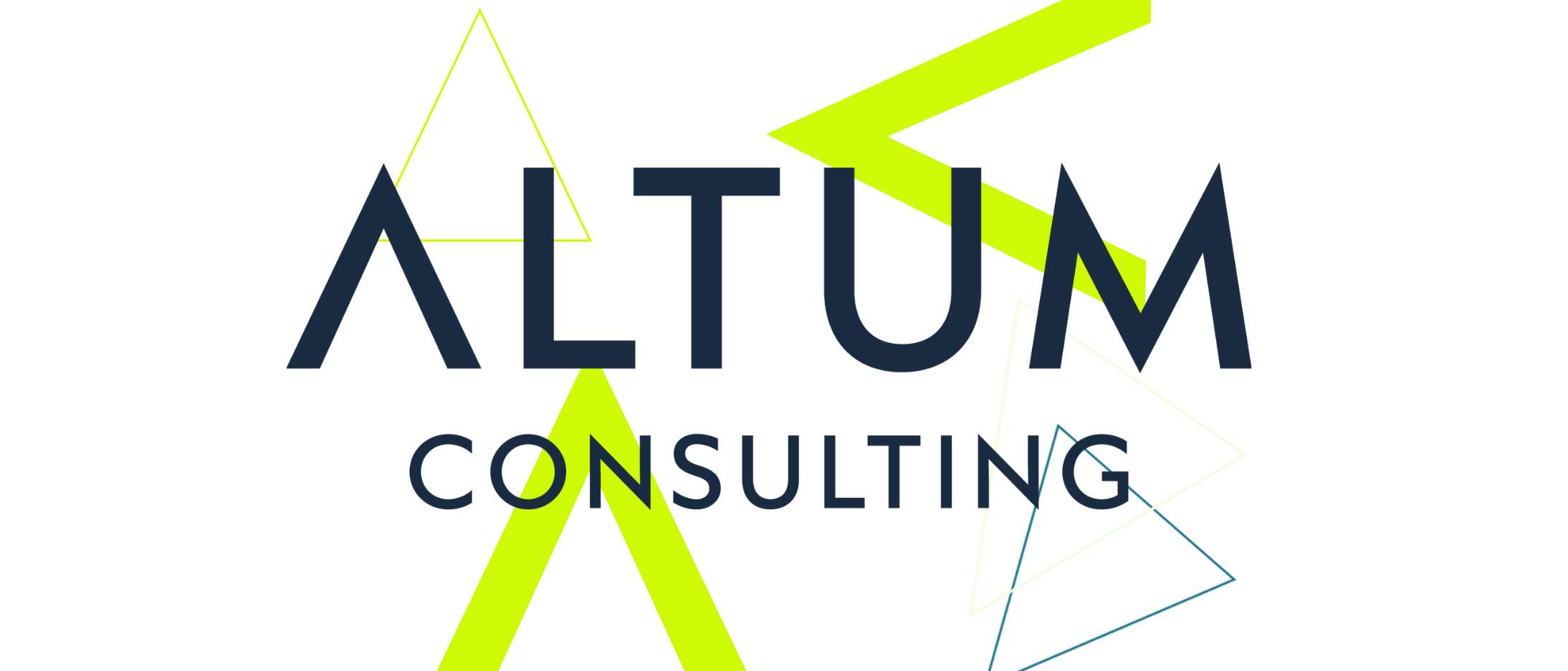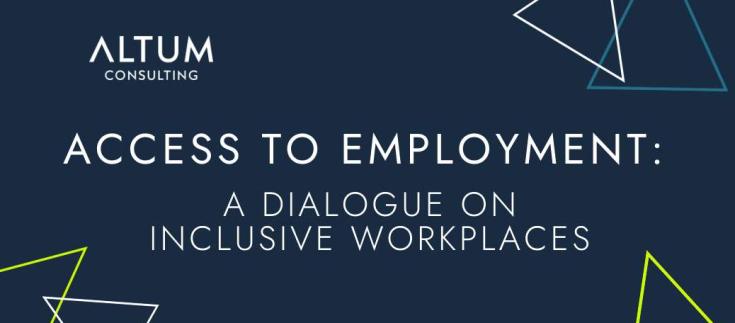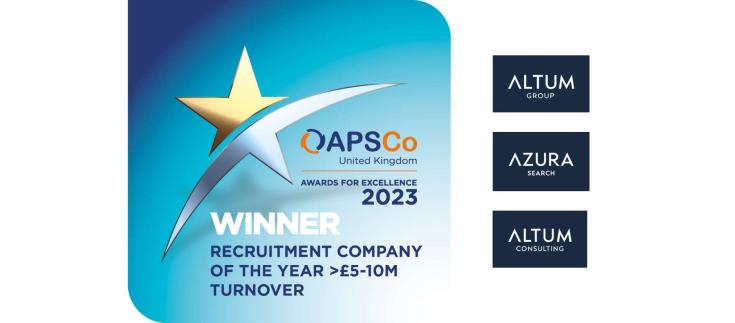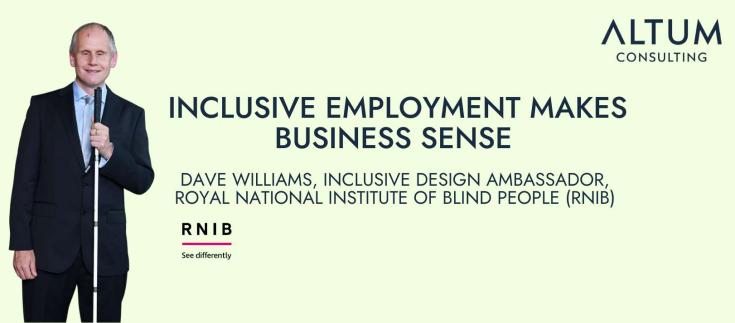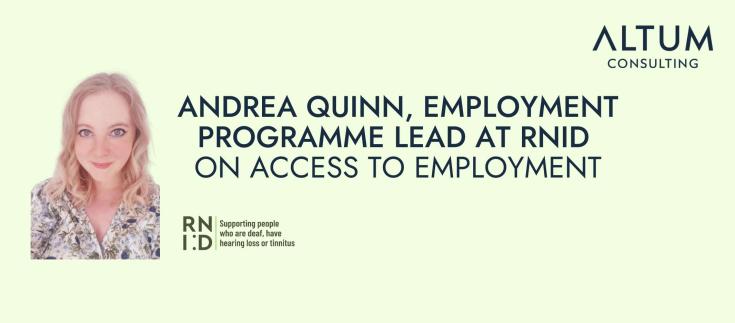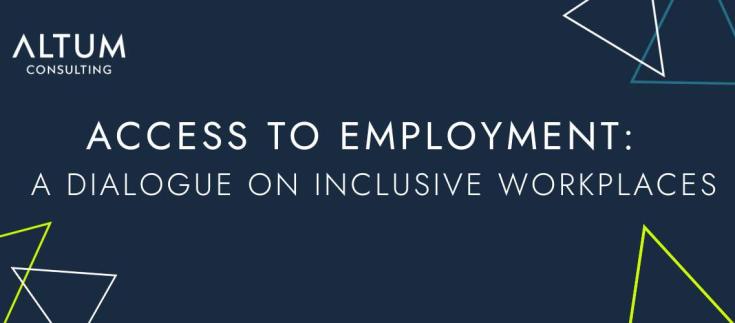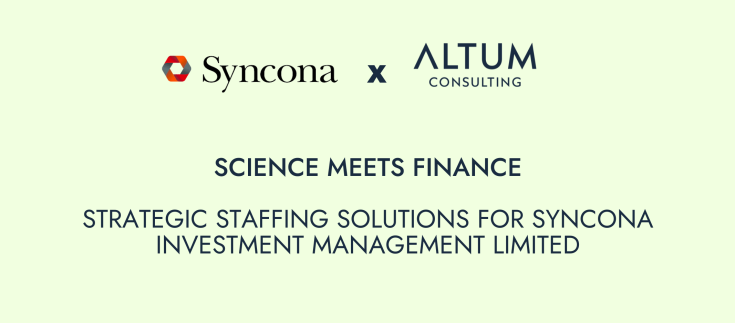In March 2020, when the whole of the UK (along with the rest of the world) was put into lockdown, businesses were forced to adapt their ways of working overnight. To try to maintain ‘business as usual’ over an unknown period of uncertainty, most businesses closed their offices and told employees to work from home. Fast forward six months as the restrictions are lifting, the Government is expecting a mass return to offices.
In response to the changing circumstances, we turned to our LinkedIn followers to run a series of polls to learn what the path beyond Covid-19 looks like. The polls received over 500 votes and have provided us with an insight into the realities of working from home and the expectations moving forward.
Historically working from home has had negative connotations attached to it, with many leaders believing productivity levels decrease when working at home. Since the mass relocation to home workspaces we asked our followers how they found working from home – 56% said they are more productive than in the office, 25% said they were the same and only 19% said they were less productive. Whilst we know not all home workspaces are equal, there were commonalities in the reasons given for an increase in productivity levels. These included, longer working hours due to a lack of a commute, a decrease in meetings, the meetings that did take place were more purposeful, and reduced distractions from colleagues.
A productive workforce is part of what makes up a successful business, but there are many other elements that go into it. We asked our network if they thought anything had been negatively impacted by remote working. 49% of voters stated they thought that their organisational culture had been negatively impacted and 21% stated learning and development is suffering. This will be a major concern for many business leaders as the ability to attract and retain top talent can often rest on the culture and growth opportunities that are offered.
What does this mean for the future of the workplace? Looking ahead to a return to the office, 41% of voters said they were feeling positive about returning, 28% were neutral and 31% felt negatively towards it. Surprisingly, even though most voters were feeling positive about a return to the office, 93% of voters expect their employers to offer flexible working as standard.
The global pandemic has led to a shift in the expectation’s employees have of their employers and their demands for a work / life balance. Business leaders are having to respond to this shift by enhancing their engagement with employees to collaboratively seek out the solutions for the most effective ways of working. Successfully forging a new normality will rely on this collaboration and mutual desire to reach a better balance, improved productivity, enhanced employee engagement and ultimately greater profitability.
Want to know more?

